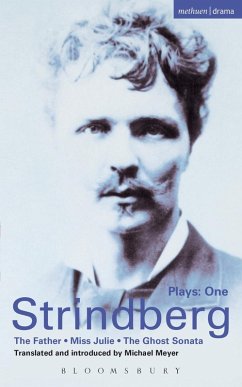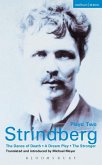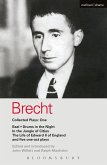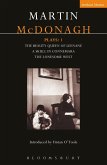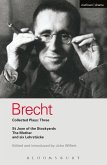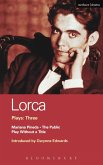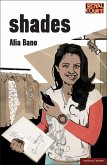This volume contains three of Strindberg's most famous plays, spanning twenty years of prodigious creativity and recurrent personal crises: The Father, which displays Strindberg's suspicion of women at its most implacable, 'powerful and profound' (Guy de Maupassant); Miss Julie (1888), which he called his masterpiece, and in which he presents with startling modernity the conflict between sexual passion and social position; and The Ghost Sonata (1907), written in physical pain and spiritual torment, which is a phantasmagoric dream play, 'a direct source for the Theatre of the Absurd' (Martin Esslin)."Michael Meyer is the translator most actors turn to when seeking a definitive text" (Sunday Times)
Dieser Download kann aus rechtlichen Gründen nur mit Rechnungsadresse in A, B, BG, CY, CZ, D, DK, EW, E, FIN, F, GR, HR, H, IRL, I, LT, L, LR, M, NL, PL, P, R, S, SLO, SK ausgeliefert werden.
